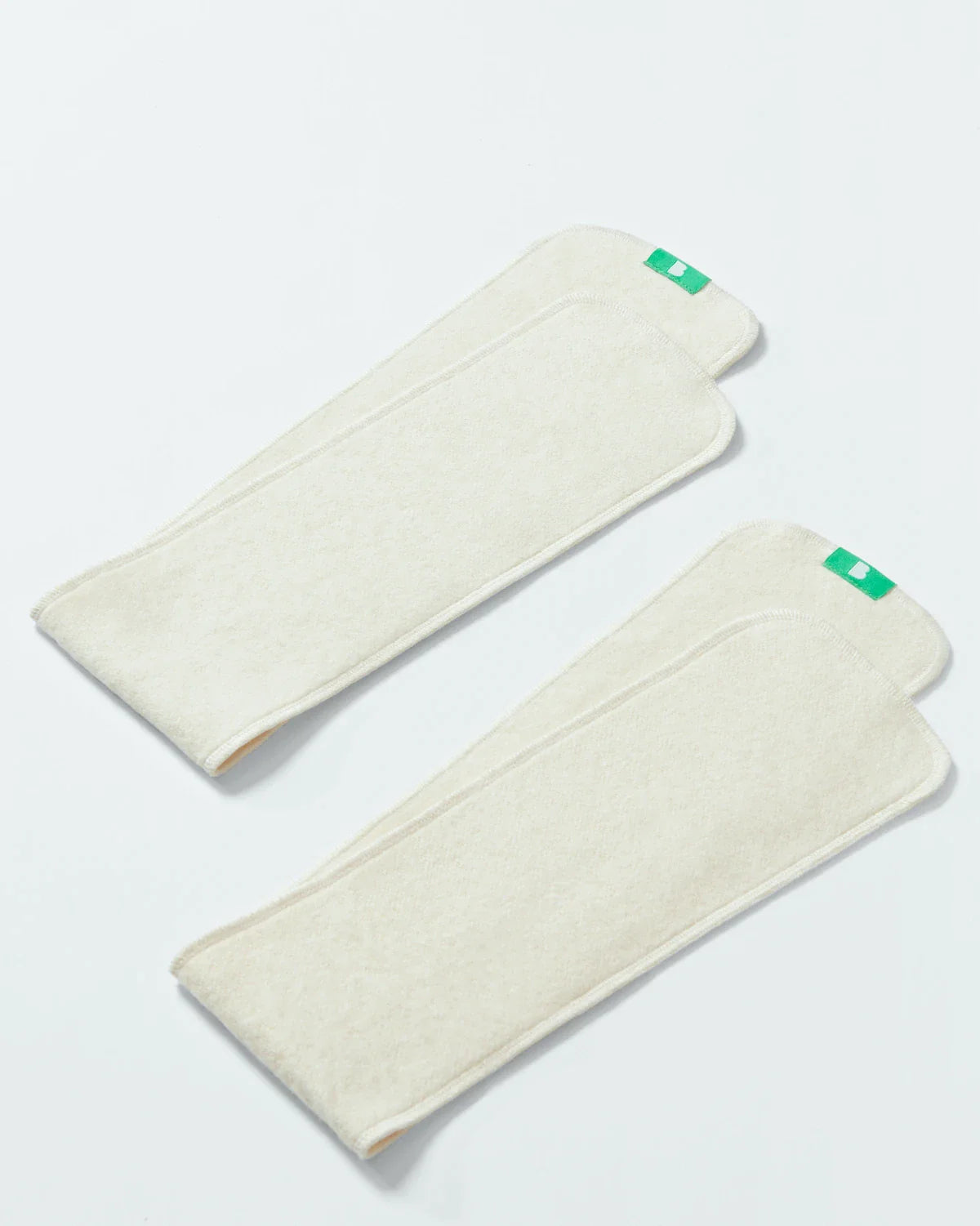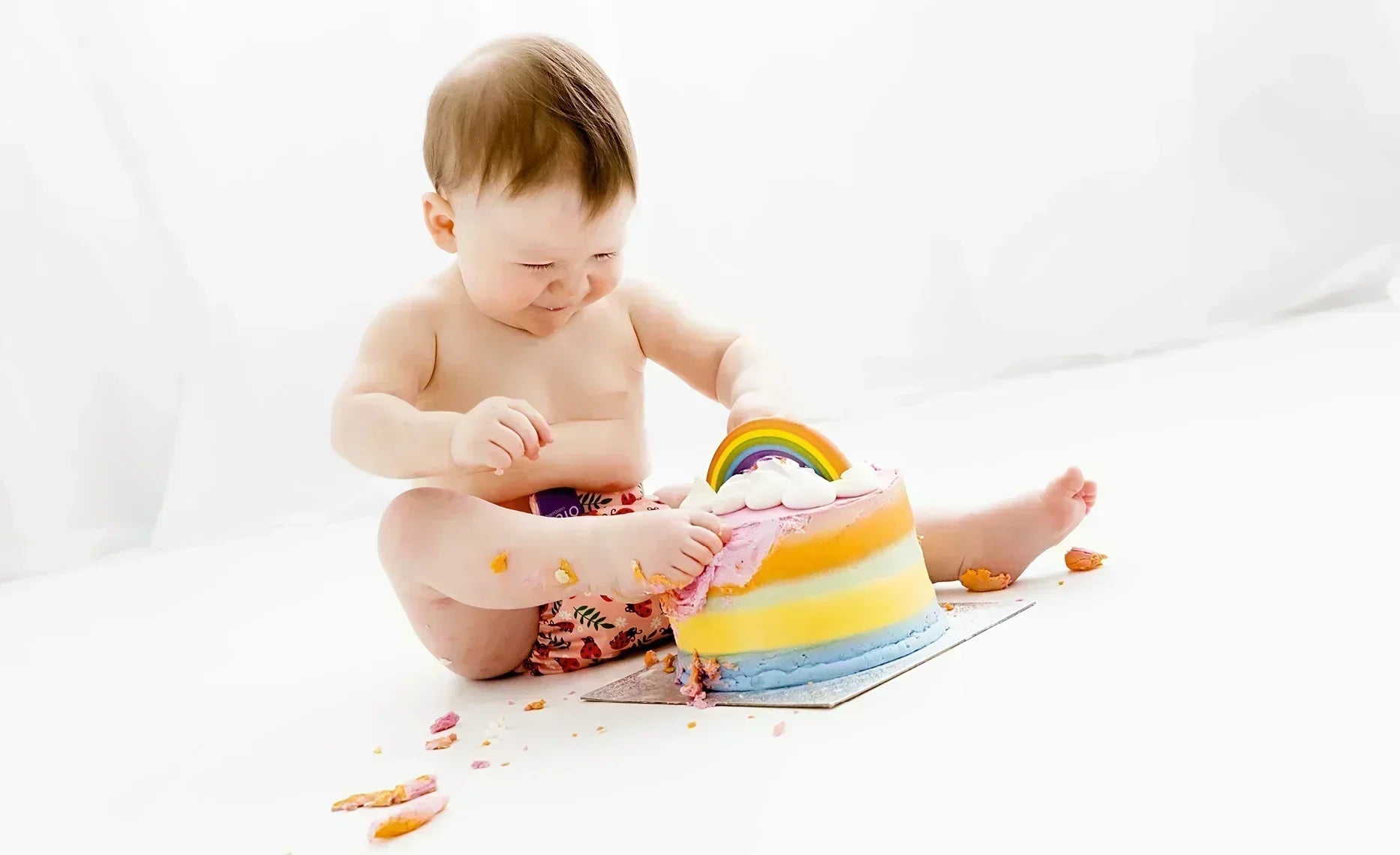Week 4 of Pregnancy | How Big is Your Baby at 4 Weeks?
Share Options
- Bambino Mio
- 09 / 07 / 2023

Inside this Article:
- Your baby is the size of a poppy seed!
- Your baby is implanting into your womb lining!
- The first stages of development
- How you’re feeling at four weeks of pregnancy
- More about implantation spotting
- Staying healthy at four weeks pregnant
- When’s the best time to take a pregnancy test?
- Things to think about at four weeks of pregnancy
- Citations and References
- Pregnancy by Week, What to Expect
Pregnancy is a time of huge change for you, your body and your life. Our guide will help you through this amazing time, letting you know what to expect at each stage and, most excitingly, what your baby is up to each week.
Your baby is the size of a poppy seed!
At four weeks of pregnancy, your baby, which is now an embryo rather than a ball of cells, is implanting itself into your uterine lining, where it’ll continue to grow over the next 36 weeks.
Right now, your baby is the size of a poppy seed, which is around 0.2mm (1) and despite their tiny size, your baby has all the different types of cells it needs to develop into a baby!
Your baby is implanting into your womb lining!
The process by which a fertilised egg attaches and burrows into your womb lining is called implantation and it usually happens between six and 12 days after ovulation (2). If this didn’t happen at the end of week three, it’ll happen this week.
The first stages of development
Your tiny baby has everything it needs to develop into a baby while your body provides it with the energy and nutrition to thrive for the next nine months. The cells inside the bundle start to develop into your baby’s organs and body parts (3) while the outer cells will form the placenta.
How you’re feeling at four weeks of pregnancy
You might be feeling something this week, but it’s hard to tell the difference between something and your usual premenstrual symptoms. If you have any implantation bleeding you might start to wonder, but otherwise, early pregnancy symptoms can often present like regular premenstrual feelings, including:
- Bloating
- Tiredness
- Tender breasts
- Slight cramping
- Spotting
- Mood changes
More about implantation spotting
As your baby implants into your womb lining, it can disrupt the rich network of blood vessels and lead to light bleeding (4). You might mistake this small bleed for a light period when in actual fact it can be due to the embryo establishing itself.
Not all women have implantation bleeding, so don’t worry if you don’t - it's only one of the many signs of pregnancy.
Staying healthy at four weeks pregnant
It’s almost time to test, but the longer you leave it, the more certain you can be of the result, so busy yourself with something else, such as sorting out that wardrobe or doing your tax return!
Whether you’re pregnant this month or not, you should be thinking more about healthy eating (5), cutting out tobacco and alcohol and getting more exercise (6). It’s never too early (or late) to improve your health and fitness and getting into good habits can help you to deal with pregnancy symptoms such as tiredness and emotional swings.
When’s the best time to take a pregnancy test?
You’re probably fed up with waiting by now and you’re wondering when is the best time to do a pregnancy test. You already know that implantation happens between six and 12 days after ovulation, so the end of week four is the start of the best time.
Your baby is actually producing human chorionic gonadotropin (7) (hCG) as it travels down your fallopian tubes, but the amounts are too small to be detected. Once implantation happens, however, your hCG levels, as well as the levels of other pregnancy hormones like progesterone, will rise rapidly and will cause a positive pregnancy test.
Some particularly sensitive pregnancy tests can detect elevated hCG as early as 10 days after ovulation, so you could test at the end of this week, but it’s always best to wait until your period’s due to be extra sure.
Things to think about at four weeks of pregnancy
Find out more about healthy eating and exercise during pregnancy so you can start off on the right track straight away.
Get some rest so that you feel relaxed and ready to deal with the results of your pregnancy test.
Buy some home pregnancy tests or, if you already have some, don’t use them until a day before your period’s due at the earliest.
Carry on taking your supplements (8) and, if you need it, get some help to stop smoking or vaping (9).
Citations and References
(1) University of New South Wales (UNSW). ‘Embryology. Carnegie Stage 6.’ 2020. Web. embryology.med.unsw.edu.au/embryology/index.php/Carnegie_stage_6
(2) Healthline. ‘What are the Signs that Implantation Has Occurred?’ 2019. Web. www.healthline.com/health/implantation-signs
(3) University of New South Wales (UNSW). ‘Embryology. Carnegie Stage 6.’ 2020. Web. embryology.med.unsw.edu.au/embryology/index.php/Carnegie_stage_6
(4) Cleveland Clinic. ‘Implantation Bleeding.’ 2022. Web. my.clevelandclinic.org/health/symptoms/24536-implantation-bleeding
(5) National Health Service (NHS). ‘Keeping Well in Pregnancy. Eating Well in Pregnancy.’ 2023. Web. www.nhs.uk/pregnancy/keeping-well/have-a-healthy-diet
(6) National Health Service (NHS). Keeping Well in Pregnancy: Exercise in Pregnancy.’ 2023. Web. www.nhs.uk/pregnancy/keeping-well/exercise
(7) National Institutes of Health (NIH). National Library of Medicine. ‘Human Chorionic Gonadotropin.’ 2022. Web. www.ncbi.nlm.nih.gov/books/NBK532950
(8) National Health Service (NHS). ‘Keeping Well in Pregnancy: Vitamins, Supplements and Nutrition in Pregnancy.’ 2020. Web. www.nhs.uk/pregnancy/keeping-well/vitamins-Supplements-and-nutrition
(10) National Health Service (NHS). ‘Keeping Well in Pregnancy. Stop Smoking in Pregnancy.’ 2023. Web. www.nhs.uk/pregnancy/keeping-well/stop-smoking
Pregnancy by Week, What to Expect







































